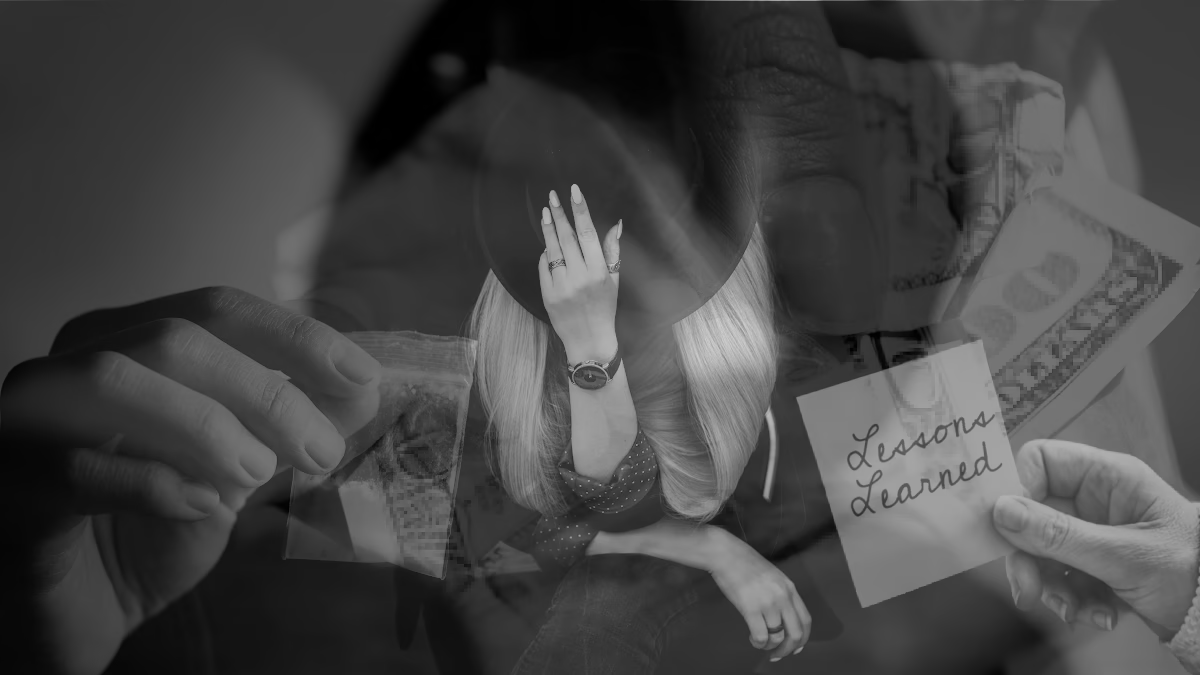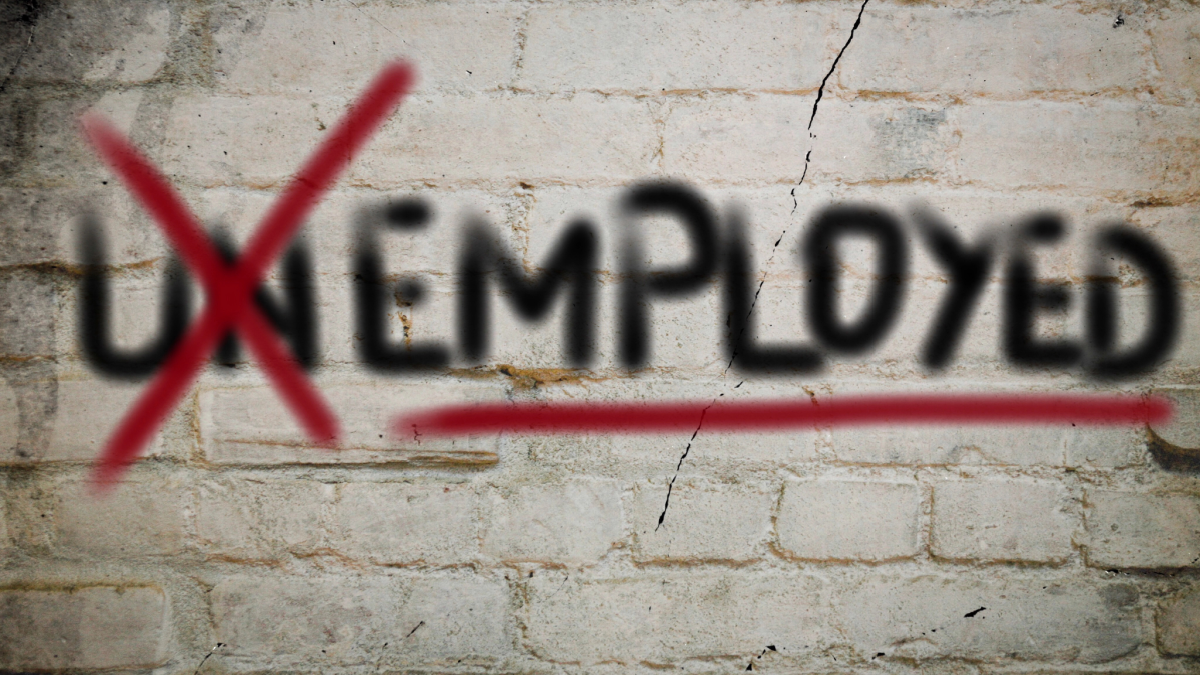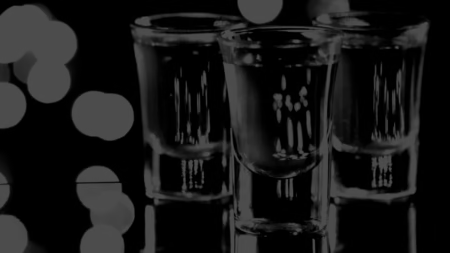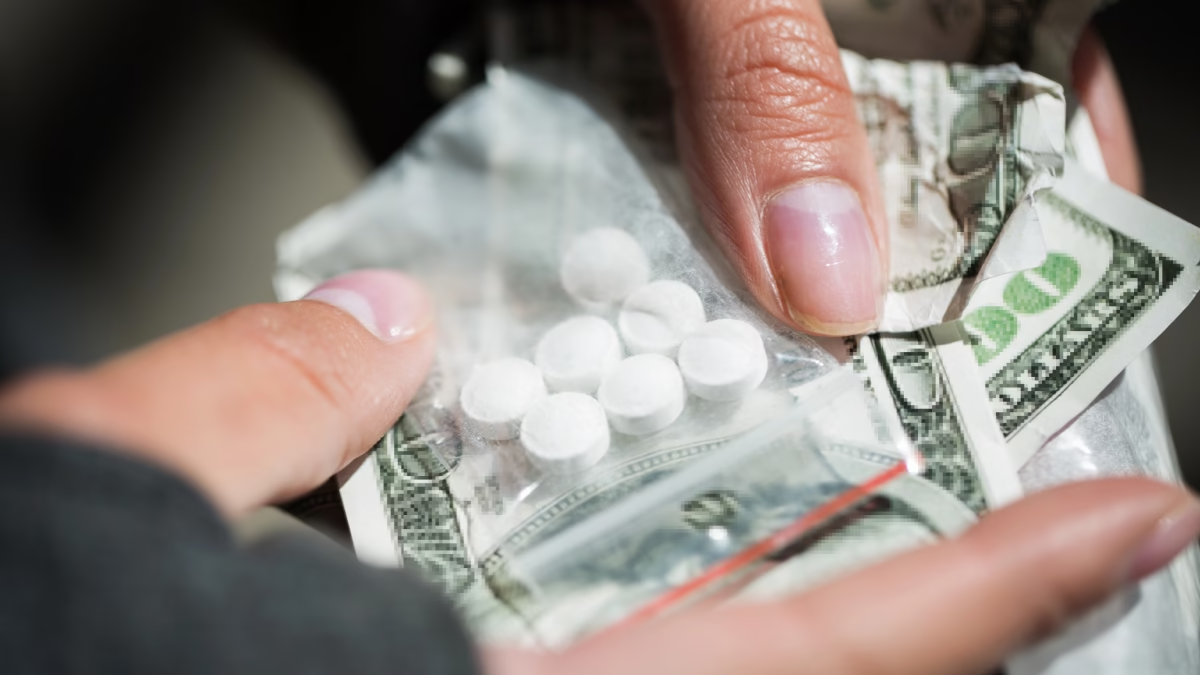
I never dreamed of becoming a low-level female drug dealer in small-town America. Yet after my home was raided and my record destroyed my chances of employment, I felt trapped. With nowhere willing to hire me, and drowning in addiction, dealing seemed like my only option.
I wasn’t just selling drugs — I was selling off pieces of my soul. I wrapped myself in an emotional armor so thick even I could no longer break through it. For over two decades, I played the part of someone fearless, surviving a world where trust meant vulnerability and vulnerability meant danger.
My closest friends were major local dealers who taught me that survival meant being harder, smarter, and more ruthless than anyone else. I succeeded at playing tough — but inside, I was drowning in shame, guilt, and fear. That armor kept me alive, but it also kept me trapped.
Everything changed when my boyfriend overdosed and my best friend went to jail for a sale he didn’t make. Alone, staring at two empty seats during the Super Bowl, I realized the life I was living had to end.
Today, with eight years of sobriety, I can say this: toughness nearly destroyed me, but vulnerability saved me. This is my story — one that could belong to anyone — about how being forced to be tough can harden you, and how breaking free is where true strength lies.
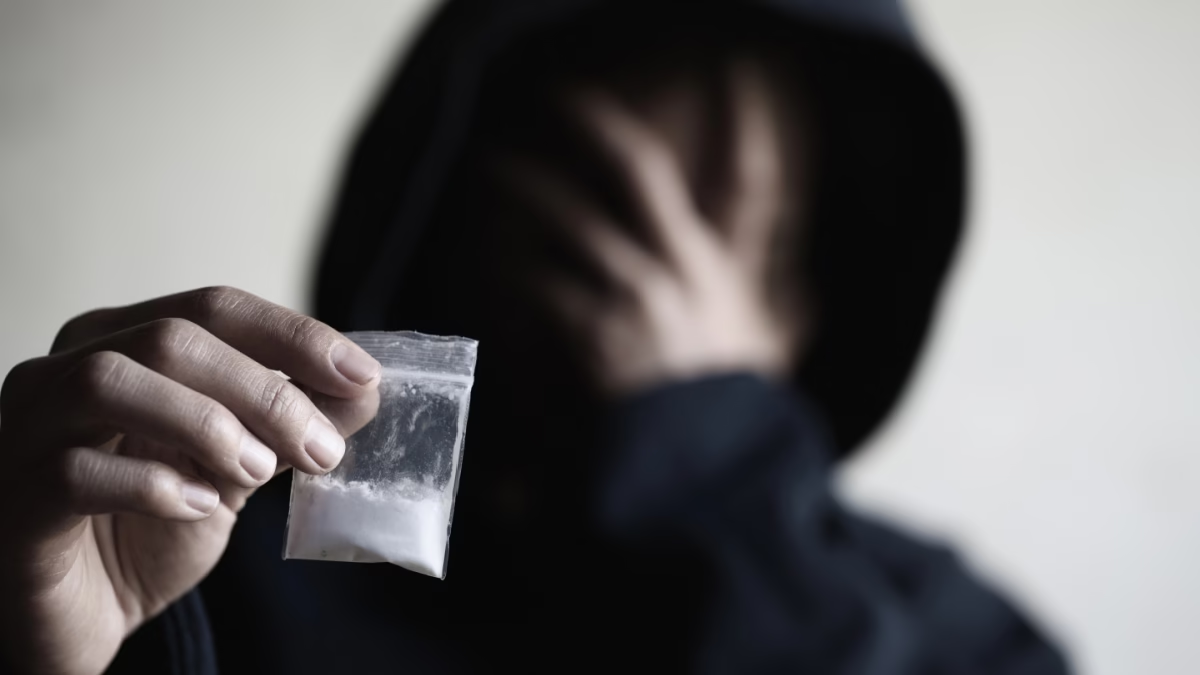
The Reality of Being a Female Drug Dealer
When people imagine a drug dealer, they picture the notorious — like Pablo Escobar or Griselda Blanco — cold, heartless figures chasing power and greed. But for many women like me, selling drugs wasn’t about empire building. It was about survival.
I didn’t want to be the biggest dealer. I just didn’t want to feel — and later, I didn’t want to be sick. Being a woman in this world came with unique challenges. I had to fight harder to be seen as equal, yet I was judged more harshly. Society saw male dealers as hustlers, but women like me were seen as reckless and broken.
There were no glamorous blocks or fast cars — just desperation. I learned to perform with confidence I didn’t feel, because showing fear could get me hurt or killed. To survive, I had to project that I was tougher than anyone in the room.
Inside, I was falling apart. To cope, I numbed myself and ignored the damage I was causing. I told myself it was just business, but deep down I hated myself. Spending much of my life incarcerated, I clung to loyalty and my word — I did my own time, even for crimes that weren’t mine.
While six months pregnant, I was arrested for a sale charge that had occurred seven months prior, before I found I was pregnant and changed my life. The actual sale was made with my children’s father, but he was selling for me. I was across the street when the sale occurred, yet I was the first arrested. I took the charge to keep my child’s father free to care for my unborn baby. I told the police that I would cop to the charge if they left him out of it. He cheated on me while I served time for his sale, pregnant with his child. That pain nearly broke me.
In that world, there’s no space for emotion. Every day is about surviving — staying high, staying out of jail, staying alive. And for years, I did.

Building the Armor
Survival meant shutting off the parts of me that made me human. I’m an empath by nature, but I couldn’t afford empathy. So, I built armor:
- Control– I suppressed every emotion. Fear, sadness, and guilt were dangerous. I became stoic and unbothered on the surface, even as I crumbled inside.
- Detachment– I disconnected from people, even from myself. I treated my actions as separate from who I was to keep functioning.
- Hypervigilance– I trusted no one. I was always on guard, waiting for betrayal, unable to relax. The stress consumed me.
- Cold decision-making– I treated everything like business. Whether risking my life for a deal or cutting off friends, I couldn’t let emotions interfere.
This armor kept me alive, but it also isolated me. I secretly helped struggling neighbors while publicly acting heartless, calling it “closet contributing.” Helping soothed my guilt, but also deepened my double life.
I didn’t realize that the armor wasn’t just protecting me — it was imprisoning me. The more layers I built, the further I drifted from who I truly was. It took hitting rock bottom over and over for nearly two decades to understand that my greatest defense had become my greatest downfall.
The Emotional Toll
The cost of being “tough” wasn’t just legal consequences or physical danger — it was the emotional wreckage. I lost countless friends to overdose. I stopped counting at 53. Some right before my eyes, before naloxone was available to us on the street.
I lived with constant depression and PTSD. Every release from jail brought hope, but every job rejection crushed it. My name had been in the paper too many times; no one wanted to hire me, despite my strong résumé. Their rejection confirmed the shame I already carried.
I began trafficking into jails just to feel needed. That craving for validation kept me trapped. I exploited people’s addictions to get basic things done, and the guilt haunted me. Even when I helped, I often got hurt. I called it “hurt for helping.”
Eventually, the armor weakened under the weight of my guilt. I could no longer escape what I’d become. I knew I had to change.
Breaking Down the Armor
My turning point came when I found out I was pregnant at the age of 35. (It truly is never too late, friends.) Suddenly, it wasn’t just about me anymore. I couldn’t raise a child from behind bars or inside the chaos I was living in. I had seen too many great women destroyed by the termination of parental rights paperwork.
Breaking down the armor meant confronting all the emotions I had buried for decades — the guilt, shame, and fear. I entered a shelter with a 450 credit score and a GPS ankle monitor. That was nine years ago, and I’ve been sober since.
Sobriety meant more than quitting drugs. It meant cutting ties to that world and dismantling the armor that once protected me but now kept me from truly living. I had to:
- Reconnect with vulnerability
- Ask for help and trust again
- Forgive myself
Forgiving myself was the hardest part — but essential. I had to accept that while I couldn’t change my past, I could change how I moved forward.
I discovered that true strength comes not from being impenetrable, but from vulnerability. It takes more courage to face your pain than to hide from it.
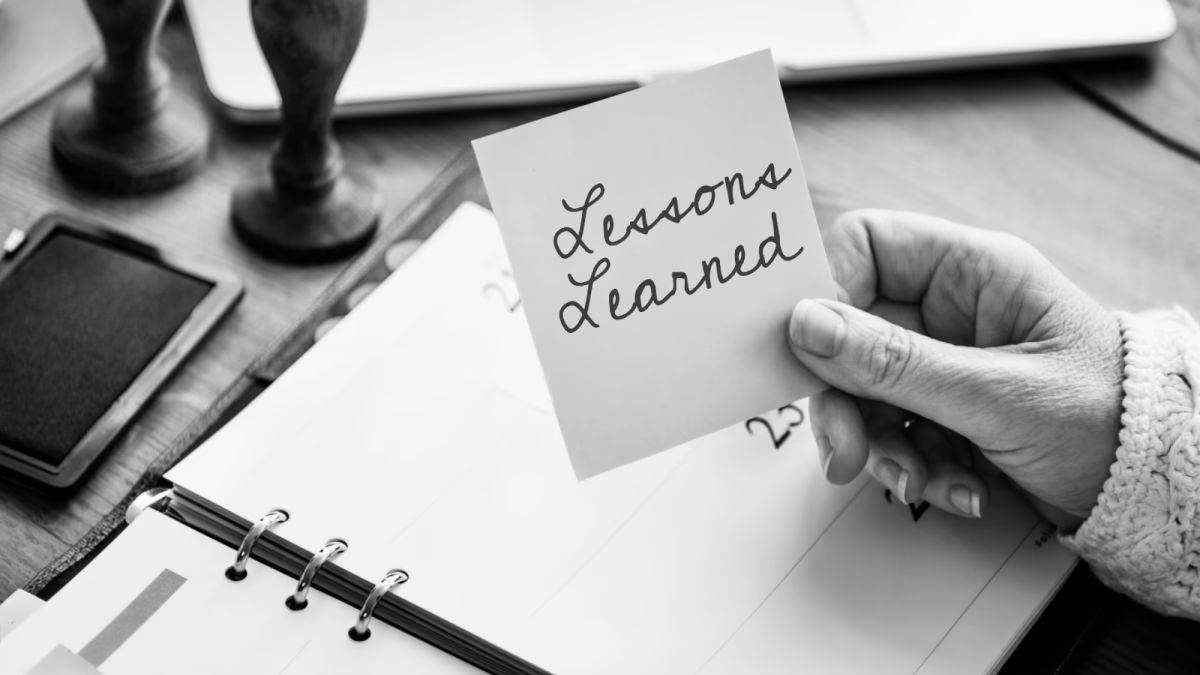
Lessons Learned
If I’ve learned anything, it’s that the armor we build to survive can become our greatest prison. Many women in addiction learn to be tough because they must — but the real challenge is letting that toughness go.
Empathy is the key. I buried mine to survive, but reclaiming it freed me. If you see someone who seems unreachable — especially a woman hardened by trauma — try to see the person beneath. That armor was built out of necessity, not choice. Compassion and safe spaces can break cycles that punishment never will.
Society paints women like me as ruthless or beyond help. The system never thought I was worth rehabilitation. But most of us didn’t choose this — we were trying to survive. We must start seeing people as human first.
Now, as a Certified Addiction Recovery & Life Coach and Reiki practitioner, I help others break down their armor. I tell them vulnerability is not weakness — it’s power. It’s the key to healing, and healing is what it’s ALL about.
Conclusion
Unlike Escobar or Blanco, I wasn’t a crime boss with a cocaine empire. I sold drugs to support my habit, not to live in luxury. I was a non-violent addict caught in a cycle of survival, shame, and incarceration.
The armor I built wasn’t to protect wealth or power — it was to hide my pain. It kept me alive, but it kept me from living. My greatest battle wasn’t with the streets or the system — it was with myself, to take off that armor and be human again.
Being a female drug dealer was a chapter of my life, but it does not define me. What defines me is rising from that life, reclaiming my vulnerability, and using my story to help others.
If you feel like you’ve had to be tough to survive, I see you. I know how heavy that armor is — and how terrifying it is to remove it. But on the other side of fear is freedom. On the other side is healing.
It’s never too late to start over. The armor may have protected you once, but you don’t need it anymore. You deserve to be free.
Join the Community
If my story resonated with you, share your thoughts in the comments or join my supportive online community at Progressing Not Perfecting. We are a judgment-free space where learners teach, teachers learn, and everyone is welcome — no matter your past. Together, we can #provethemallwrong and #showthemwhatwecando.
References
American Psychological Association. (2020). Publication manual of the American Psychological Association (7th ed.).
Centers for Disease Control and Prevention. (2023). Drug overdose death rates. cdc.gov/drugoverdose
National Institute on Drug Abuse. (2022). Substance use in women.
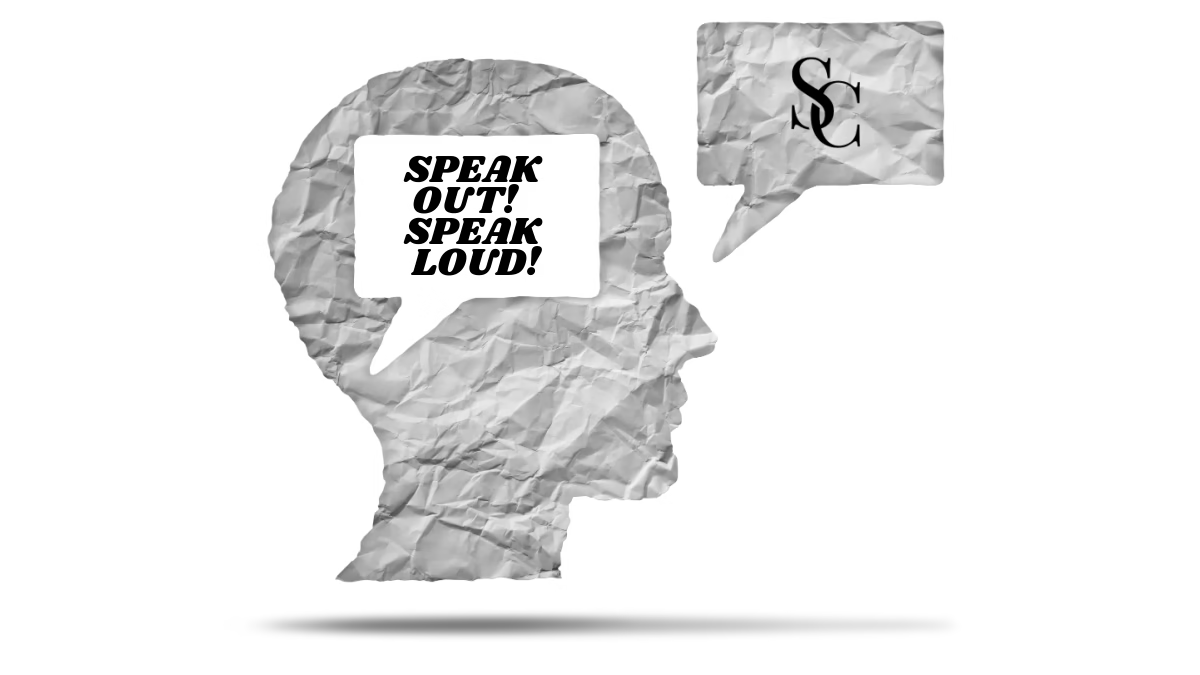
SPEAK OUT! SPEAK LOUD! at The Sober Curator is a celebration of authentic voices in recovery—echoing Madonna’s call to “Express yourself!” Here, readers and contributors take the spotlight, sharing transformative sobriety journeys, creative talents, and new avenues of self-expression discovered along the way. Through videos, poems, art, essays, opinion pieces, and music, we break the silence that often surrounds addiction, replacing it with connection, hope, and inspiration.
Your story matters—and we want to hear it. Submit your work to thesobercurator@gmail.com or DM us on social media.
Disclaimer: All opinions expressed in the Speak Out! Speak Loud! Section are solely the opinions of the contributing author of each individual published article and do not reflect the views of The Sober Curator, their respective affiliates, or the companies with which The Sober Curator is affiliated.
The Speak Out! Speak Loud! posts are based upon information the contributing author considers reliable. Still, neither The Sober Curator nor its affiliates, nor the companies with which such participants are affiliated, warrant its completeness or accuracy, and it should not be relied upon as such.

Recovery is hard 24/7, 365 – Please know that resources are available
If you or someone you know is experiencing difficulties surrounding alcoholism, addiction, or mental illness, please reach out and ask for help. People everywhere can and want to help; you just have to know where to look. And continue to look until you find what works for you. Click here for a list of regional and national resources. If your life or someone else’s is in imminent danger, please call 911. If you are in crisis and need immediate help, please call: 988.




